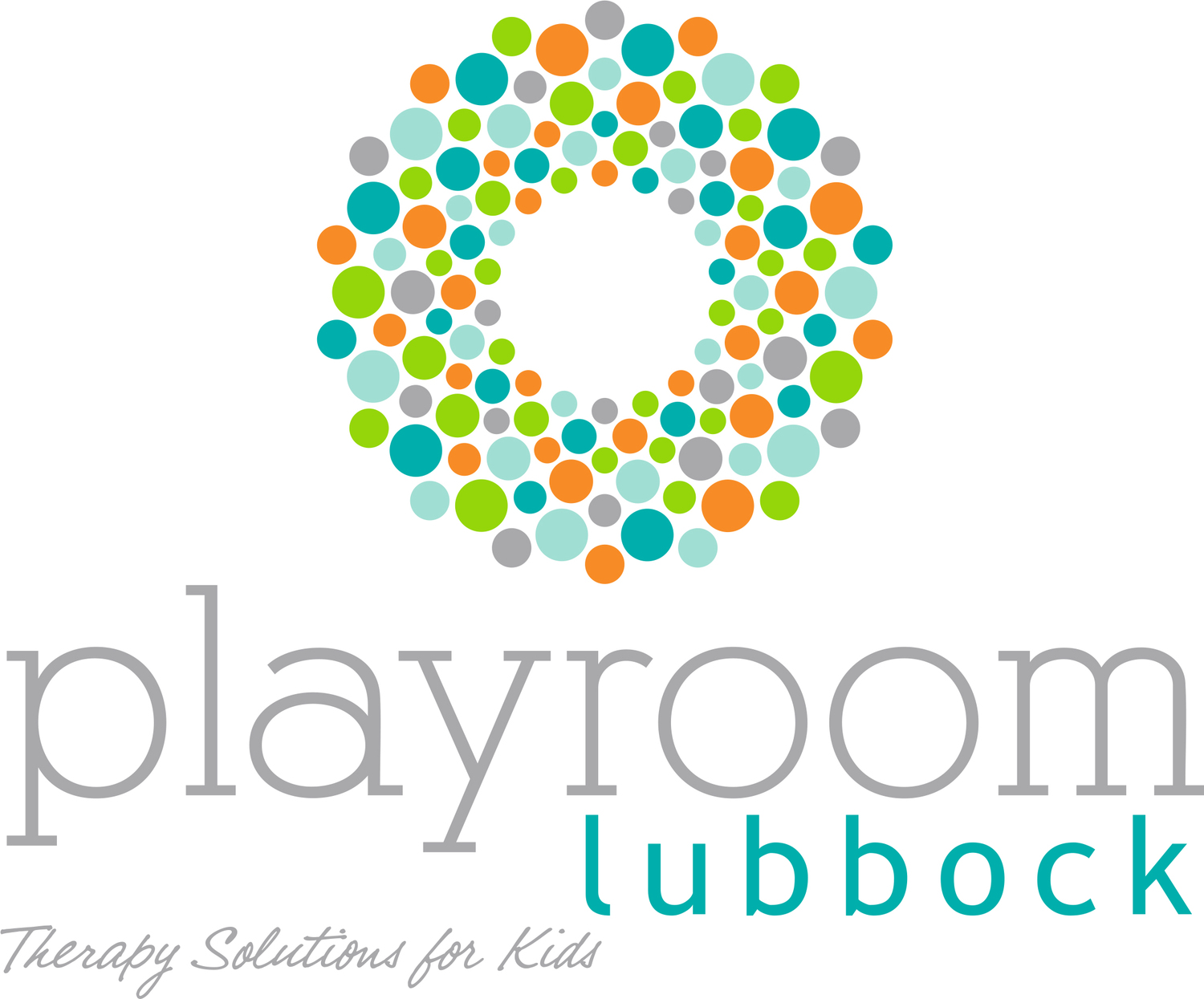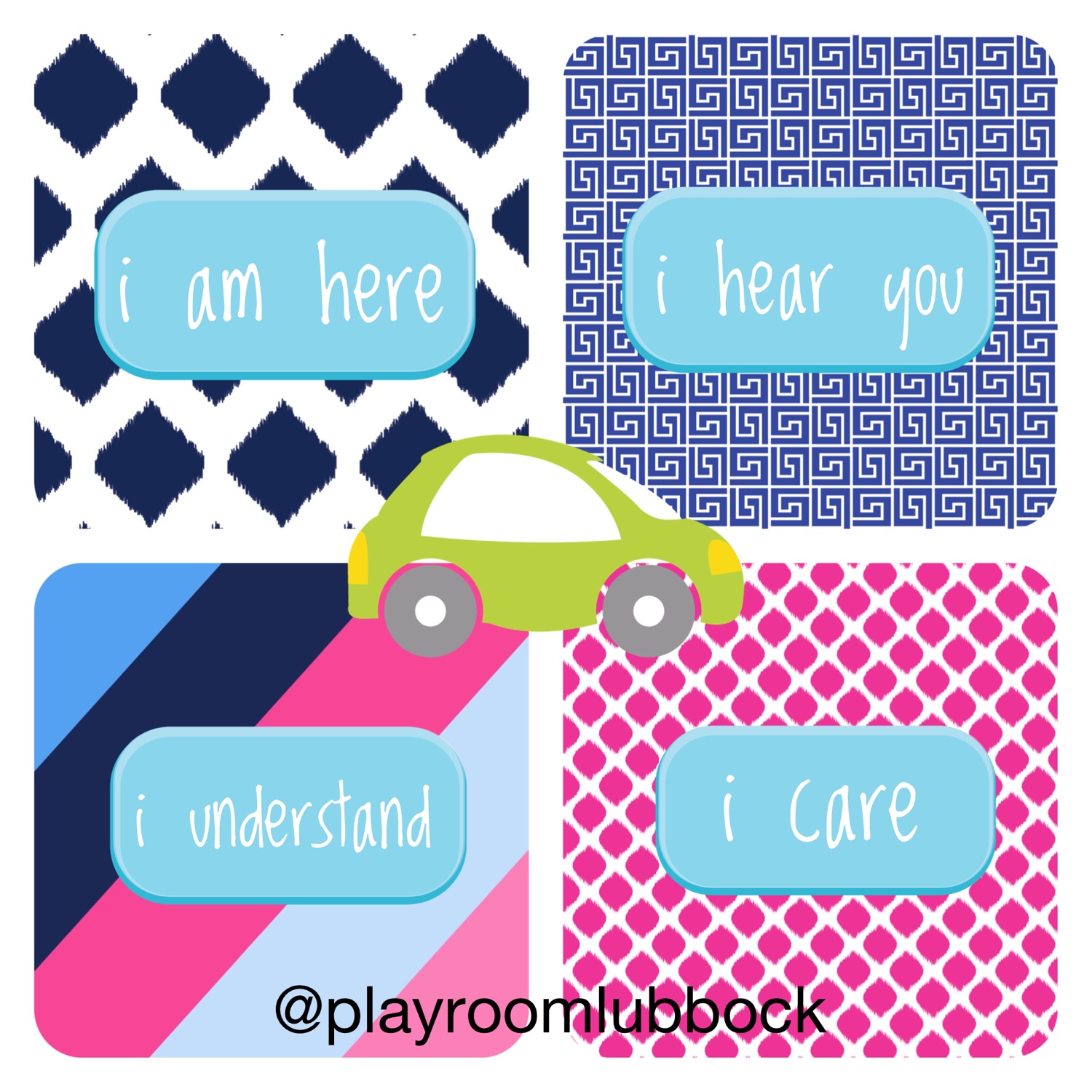What is an LPC Intern?
A Licensed Professional Counselor Intern is a counselor who possesses at least a Master’s degree in counseling and has successfully passed their licensing exam (National Counselor Exam). The Texas State Board of Examiners of Professional Counselors has accepted their application for a temporary license. The requirements for LPC Interns are then to complete 3,000 hours of counseling/clinical hours under the supervision of a state licensed LPC Supervisor. LPC Supervisors are not necessarily in session with LPC Interns and clients, but are required to meet with LPC Interns at least 4 hours a month.
What Kind of Experience Does an LPC Intern have?
While in graduate school, students are required to complete field experience in counseling. Most students do more than the 300 experience hours required. Some interns have experience in specialized areas during their practica.
What does Supervision involve?
The purpose of supervision is to promote the development of the Intern’s clinical skills and to provide guidance and professional development to the Intern. The full responsibility for counseling activities of LPC Intern rests fully with the supervisor. The Supervisor also ensures that the Intern remains in full compliance with the rules of the Texas State Baord of Examiners of Professional Counselors. Supervision involves mentoring, evaluation, and case consultation.
Why work with an LPC Intern?
Interns cannot own an independent practice and tend to have a lower “private pay” rate than fully licensed LPCs. Interns can provide therapy for issues that many insurance companies will not cover. Additionally, when one is receiving services from an Intern, he or she is getting the benefit of having 2 clinicians with their skill sets and expertises. Essentially, one receiving treatment from an LPC Intern gains the benefit of not just that person’s knowledge, experience, and expertise, but also that of the intern supervisor’s.







